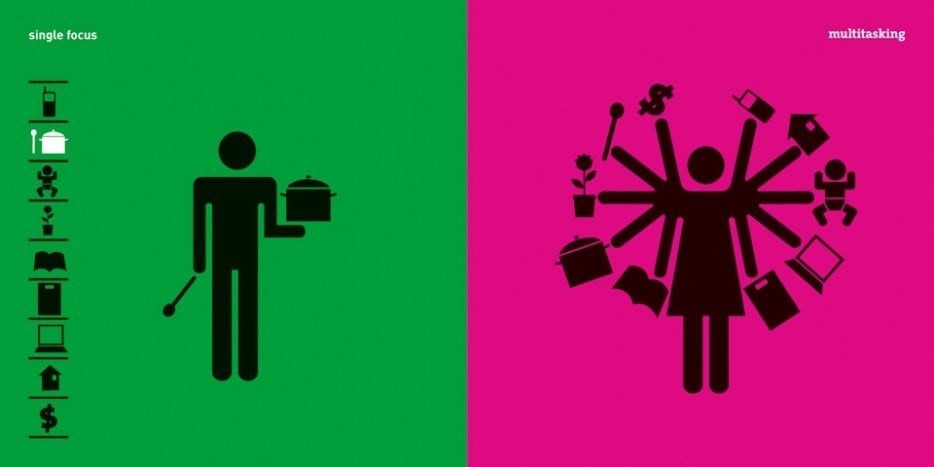
By branding ‘sitting at home’ as a life of luxurious comfort and laze, housework and emotional labour, society does not consider women who live such lives as doing any ‘real work'

A good airline ought to have smiling air hostesses. In the late 1960s, airhostesses working with the British Overseas Airway Corporation wore colourful, fireproof paper dresses on Carribean flights as they went on serving cocktails with a smile to passengers some of whom, as accounts go, would try to stub their cigarettes into the fabric to verify the science. This was in the ‘golden days of the air hostess.’
Today, when she comes in with a trolley of refreshments and interrupts my train of thoughts on a recent flight, with a warm smile to inquire what I would like to drink, I marvel at the magnitude of emotional labour that goes into her job. For the next three hours, I wonder what would qualify as fair compensation.
Interestingly, even thousands of feet in the air, a ‘woman’s touch’ is relied on more to create a comfortable and relaxing environment like one would imagine a home to be.
I think of women who do ‘nothing out of the ordinary’ back on the ground: Cooking, cleaning, buying groceries, child-rearing, managing household duties. They may or may not contribute to the GDP growth. They may act as typists, editors, agents and secretaries for their wildly successful author husbands -- the Nabokovs and the Tolstoys. Sometimes, if the husband is an Eliot, they may get a few rosy poetic dedications. Even Yoko Ono, the brains behind the anthem of hope ‘Imagine,’ had to wait for nearly half a century before the process of getting song-writing credit even began.
By branding ‘sitting at home’ as a life of luxurious comfort and laze, housework and emotional labour, society does not consider women who live such lives as doing any ‘real work.’
Besides, the job is expected to be effortless for a woman. Joanna Russ, in her work, The Female Man, critiques the toxic conditioning that women are subjected to for the buoyancy of patriarchy: "Instead of conquering Everest, I could conquer the conqueror of Everest and while he had to go climb the mountain, I could stay home in lazy comfort listening to the radio and eating chocolates."
The work further delves into the sense of emptiness that follows from the realisation that one cannot "imbibe the conqueror’s success" merely by ‘conquering’ him.
The bile-churning narrative of women’s existence in the background as nothing above and beyond facilitators surfaces time and again: For men to go out and conquer the world, women ‘have’ to take on their ‘pre-destined’ roles as keepers of the house, emotional counselors, assistants, and propagators of the species; and somehow successfully juggle these duties because it is ‘the way of nature’.
A woman may choose, however, to have a career but she ‘must’ balance her household duties with professional commitments putting the former significantly higher in her list of priorities if she hopes that her grand emotional olympics may receive a mention in passing.
This hardly makes for a concession.
During the flight, from my seat, I catch one of the airhostesses grimacing as she readjusts the buckles on her high heels. Maybe she’s uncomfortable in her shoes.